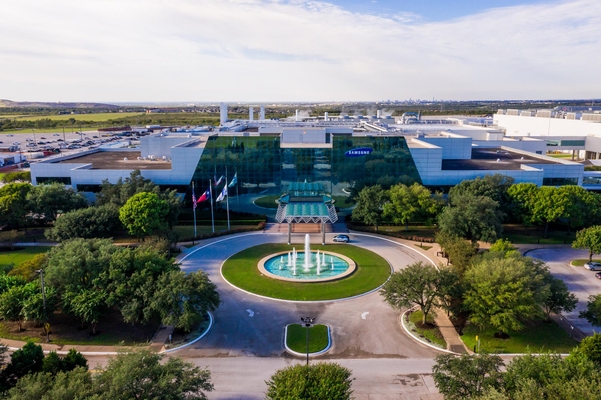Input 2021.02.23 10:41
Trend Force “Semiconductor supply and demand imbalance will deepen”
Up to several months to normalize production at Samsung Austin Fab
The supply shortage of former semiconductors will worsen

Market research firm Trend Force said in a report on the 23rd that the shutdown of Samsung Electronics’ Austin fab increases the lead time (the time from order to supply) of the controller chipset for Solid State Drive (SSD), which is likely to act as a factor for price hikes. Analyzed.
Trend Force said, “Samsung Electronics has been producing controller chipsets for NAND flash and SSD with a process of 14 to 40 nanometers (nm·1 nanometer is 1 billionth of a meter) at the Austin fab.” “The impact on the production of this controller chipset is limited, but there could be a potential price increase due to an urgent order from an SSD buyer.”
The trend of SSD price hikes has already begun. Major PC OEMs are negotiating to purchase SSDs. Among them, the shutdown of Samsung Electronics’ Austin fab is expected to increase the burden on the supply of controller chipsets. Trend Force said, “It is impossible to rule out the possibility of an increase in the price of the overall SSD price.”

In Austin, there are Samsung Electronics, NXP, a semiconductor company for automobiles, and Infineon in Germany. Samsung Electronics’ Austin Fab has been shut down from 4 pm on the 16th (local time). This plant has been shut down for the first time since it started operation in 1998. The city of Austin notified Samsung Electronics that it would be three days later, but there has been no news that the power supply has resumed.
Even if Samsung Electronics’ Austin fab resumes operation, it will take some time for production to recover. The industry is fortunate to recover production in days, but in the worst case, it can take months to normalize. This is because each production line must be reorganized in order to resume operation. Samsung Electronics is focusing its efforts on recovering production by dispatching technical staff.

Memory semiconductor prices such as SSDs have been on an upward curve since last year. Expectations for the so-called’super cycle’ are also growing. According to DRAMeXchange, a semiconductor market research company, the spot transaction price for PC DRAM (based on DDR4 8Gb) as of the end of January was 4.10 dollars. In this situation, natural disasters such as cold waves are overlapping, and the pressure to increase prices is increasing.
NXP and Infineon’s Austin plants are also expected to be shut down due to a cold wave, further exacerbating automotive semiconductor supply shortages. NXP and Infineon are leading companies competing for first and second place in this market with 21% and 19% market share, respectively.
Market research firm IHS Markit predicted that the production of 1 million units in the first half of this year will be disrupted due to the recent shortage of automotive semiconductor supply. Ford, Volkswagen, and GM have actually cut production due to lack of semiconductors.

An industry insider said, “Semiconductor companies have already announced a price increase, but the increase will increase further due to the shutdown of factories due to natural disasters such as a cold wave,” he said. “Overall, the difficulties for semiconductor companies may increase. There is also a prospect that the industry, which was sluggish due to excess supply, will improve again.”
